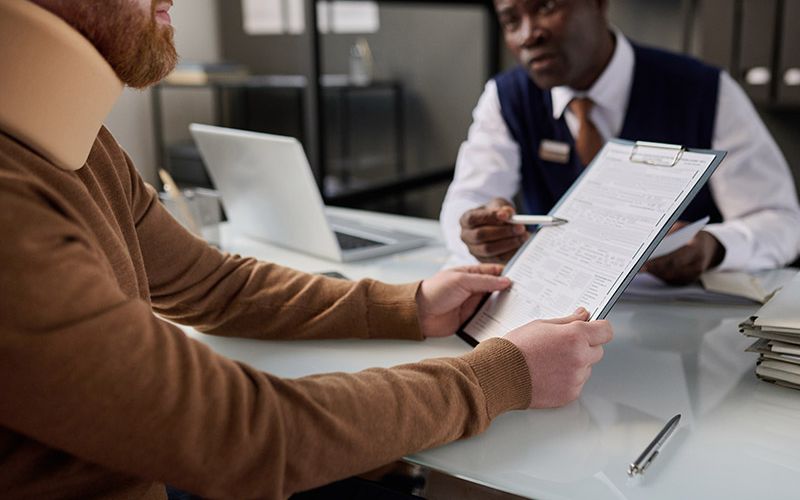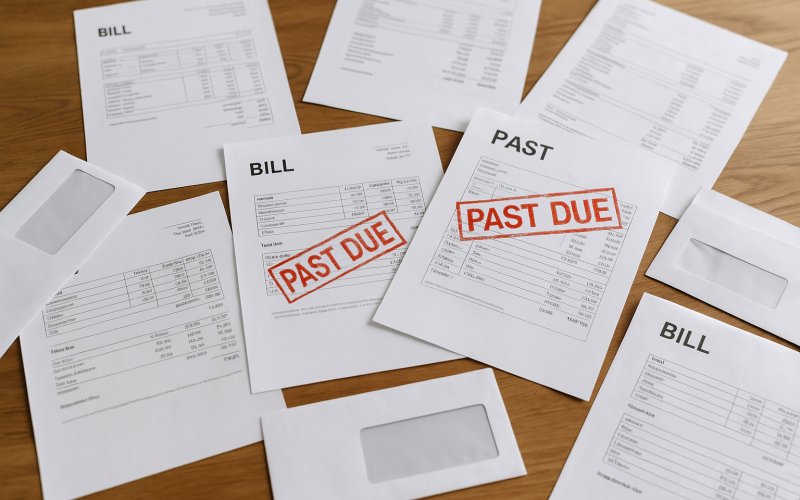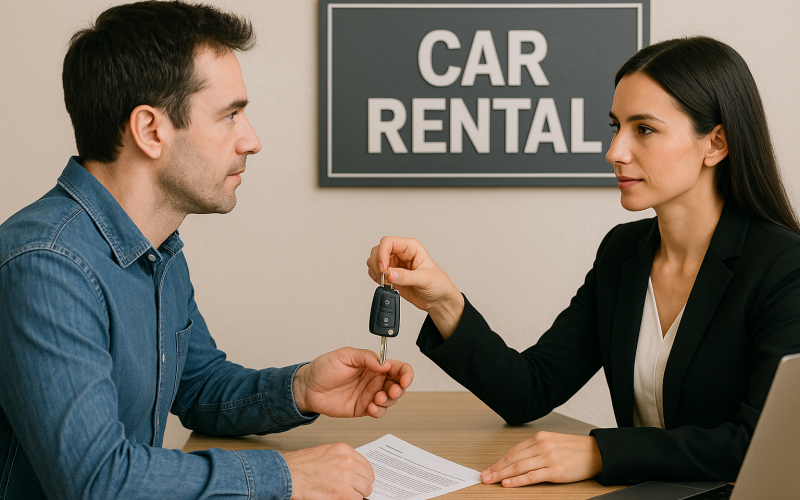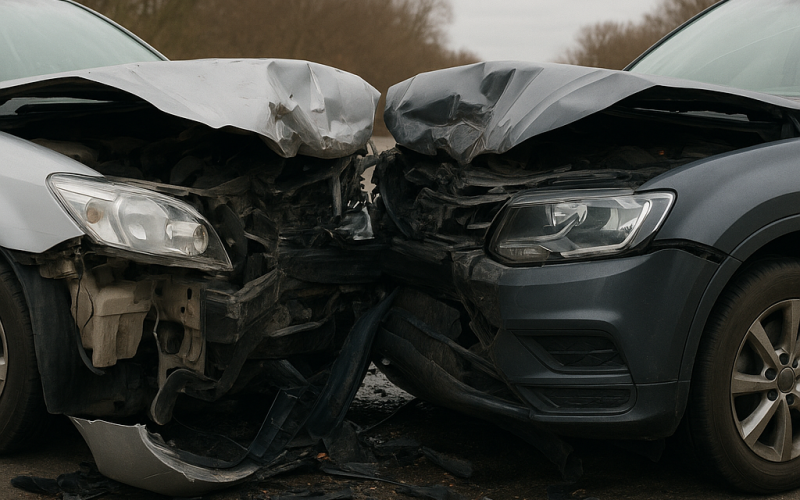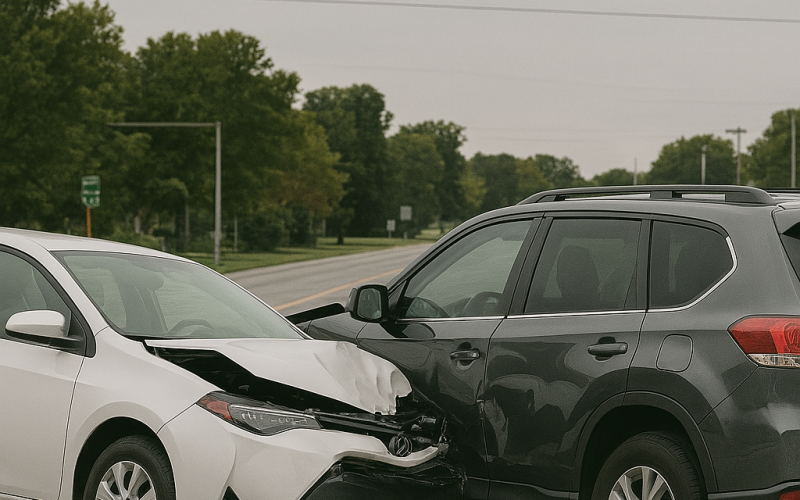What is the First Thing You Do in a Boating Accident?
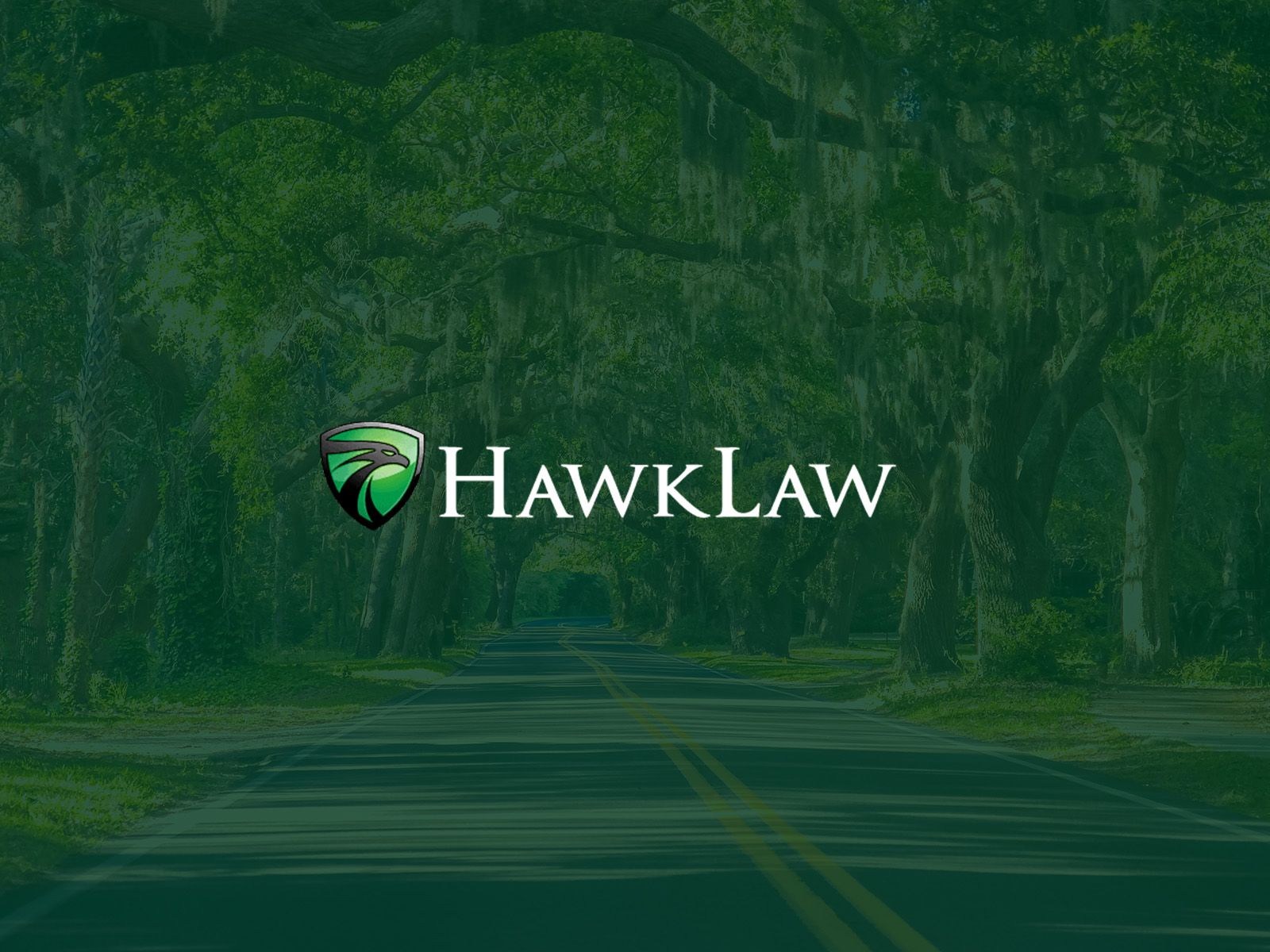


Enjoying a day out on the water can do wonders for you or your family and is a popular pastime here in South Carolina. All too often, however, boating accidents happen. If you are involved in a boating accident, what is the first thing you must do? Stay as calm as you can and assess the situation. Everything you do from this point forward will be important to your insurance claim or potential lawsuit. HawkLaw understands this, so contact a personal injury lawyer with our firm as soon as possible following the accident for legal advice and guidance.
Knowing what to do following a boating accident is crucial for the safety of those on board and the protection of your legal rights. No one wants to be in a boating accident, but when it happens to you, you’ll need to take the following steps to protect yourself and those you love.
If you, or someone you know, were involved in a boating accident, contact the experienced South Carolina boat accident attorneys at Hawk Law firm for a case evaluation today!
Step 1: First Aid
In the seconds and minutes following a boating accident, the physical safety of everyone on board is the first priority. Identify anyone needing medical attention and determine what you need to do. Pull out your first aid kit and use what you have available.
Move those who are in harm’s way to prevent further serious injuries. The exception to this is if you suspect the injured person has suffered a head or neck injury. If you do have to move them, do so carefully and as slowly as possible.
Is someone already in the water, or is there the potential for the boat sinking with everyone on board? Was a personal watercraft involved? Distribute flotation devices and life jackets, and assist those who need help fastening them on. According to the U.S. Coast Guard, approximately 70% of all boating accident fatalities are caused by drowning.
Administer first aid to anyone in need and seek the help of medical professionals as soon as possible. If the collision involved another boat or other watercraft, check to see if aid is required to anyone there as well.
Step 2: Alert Authorities
As soon as you are able, report the boating accident to the U.S. Coast Guard. Tell them where you are and if medical assistance is required. Even if your boat still runs, avoid leaving the scene of the accident, especially if someone needs medical help.
While you wait for the law enforcement authorities to arrive, identify if any of the boats involved in the accident are in the path of other boats. If so, move them to the side if possible.
Alerting law enforcement agency authorities following a boating accident is imperative, and it’s best to report the accident right away.
Step 3: File an Accident Report and Gather Information
While still at the accident scene, be sure to gather contact information from the other boaters involved. Include both operators and passengers, and compile names, addresses, and telephone numbers. If your property is damaged or someone is injured, South Carolina regulations require persons involved to exchange this information.
If there are any eyewitnesses to the accident, on the water or the nearby shore, gather their contact information also, including both addresses and telephone numbers. Make a note of the boats themselves, including the type of boat, identification number, and, if possible, registration number.
In addition, swap insurance information, including insurance company names and policy numbers. If able, take photos at the accident scene and the surrounding area, nearby buoys, boat damages, and injuries. Also, capture the position of each boat as this will help your boat accident attorney in building your case.
Once law enforcement arrives, file an official accident report, providing information specific to the accident itself and no more. Avoid apologizing or accepting responsibility for the accident, as you may not be aware of all the circumstances surrounding it.
Under federal law, the boating accident report filing is required under specific circumstances, including:
- the accident results in the death or disappearance of someone,
- severe injuries occur,
- property or vessel damage exceeds $2,000, or
- a complete loss or destruction of recreational vessels.
You also need to consider whether you need to file another boating accident report with a state agency, such as the South Carolina Department of Natural Resources, which regulates boating within the state.
All of this compiled information will benefit any claim you file, help prove fault, and aid your personal injury attorney in developing your case and defending your claim.
If you’re sitting on the fence of whether to contact an attorney or not, consider that the longer you wait to contact a boat accident lawyer, the more likelihood there is for information to get lost, deadlines to be missed, and your rights unknowingly waived. An attorney can help you file the accident reports with the law enforcement agencies and gather all the essential documentation.
Step 4: Contact a Boating Accident Attorney
In the aftermath of a recreational boating accident, and before contacting the insurance company and filing claims, seek the help of a boating accident attorney. Avoid speaking with insurance adjusters if at all possible, and let your attorney take on that role for you. By doing so, you’ll be protecting your rights from the beginning.
If injuries occurred in the boating accident, a personal injury attorney can help build your claim, gaining deserved compensation for property damage or injury.
Together, you’ll be able to assess the damage, determine rightful compensation for medical treatment expenses, pain and suffering, lost wages, and property damage. Your attorney will also guide you when it comes to important deadlines involved in the filing of claims. For this reason, act quickly in calling an attorney so you don’t miss out on deserved compensation.
Boating accidents happen for various reasons and are only second to the occurrence of car accidents. Often, a boat operator is negligent in some way, such as by speeding, operating a boat under the influence of alcohol, or being inexperienced. In such cases, you may be able to take legal action for additional compensation beyond the insurance claim.
Proving negligence is a difficult and time-consuming process and an area your attorney will be beneficial. You may have options to file legal action against different parties, including:
- the operator of the boat found at fault for the accident
- the owner of the boat
- the manufacturer of the boat or its equipment if a defect directly led to the accident
If death occurred, you may also be able to file a wrongful death lawsuit.
Step 5: File an Insurance Claim
Only after seeking legal advice will you contact your insurance company and file a claim. You’ll need all the documents, reports, and receipts pertaining to the accident beforehand, and your attorney can help ensure you have all of these at the filing. They most likely will include:
- Incident reports or those reports filed with a law enforcement agency. These reports contain valuable information to support your claim, including any safety violations or citations issued.
- Witness statements collected by your legal team after you collect contact information at the scene of the accident
- Photographs taken at the scene, including the position of the boats involved, damages, injuries, and any other important factor vital to your case. For example, any photos of alcoholic beverage containers will be beneficial.
- Medical bills and records for medical evaluations and treatments relating to the accident
- Any other evidence available as identified by your attorney
In instances where the other boat operator didn’t carry insurance, your attorney can also provide legal advice on your options, especially if it involves an injury claim.
The majority of these cases reach a settlement long before going to trial. However, insurance companies often start with low settlement amounts, and you may deserve more. For this reason, always avoid accepting any settlement without consulting with a boat accident lawyer first.
Schedule an Appointment With Your South Carolina Boating Accident Attorney Today
If you or a loved one has been involved in a boating accident, you need an experienced legal team to guide you through the insurance claim filing and any legal action that may follow. Contact the boating accident attorneys at HawkLaw as soon as possible so we can fight for you!
Our law firm understands what is involved when a boating accident occurs, and we know how to build your case, protect your legal rights, and assist you in gaining deserved compensation. HawkLaw Fights to Win! Schedule a consultation with our South Carolina personal injury lawyers in Charleston, Columbia, Greenville, or Spartanburg.
John D. Hawkins
John Hawkins is the Founder and CEO of HawkLaw He has been licensed to practice law in South Carolina since his graduation with honors in 1994 from the University of South Carolina School of Law, where he was on the Law Review and Order of Wig and Robe.
-
$3,000,000*SettlementTrucking Accident
-
$1,005,000*SettlementCar Accident
-
$575,000*SettlementPersonal Injury
"*" indicates required fields



